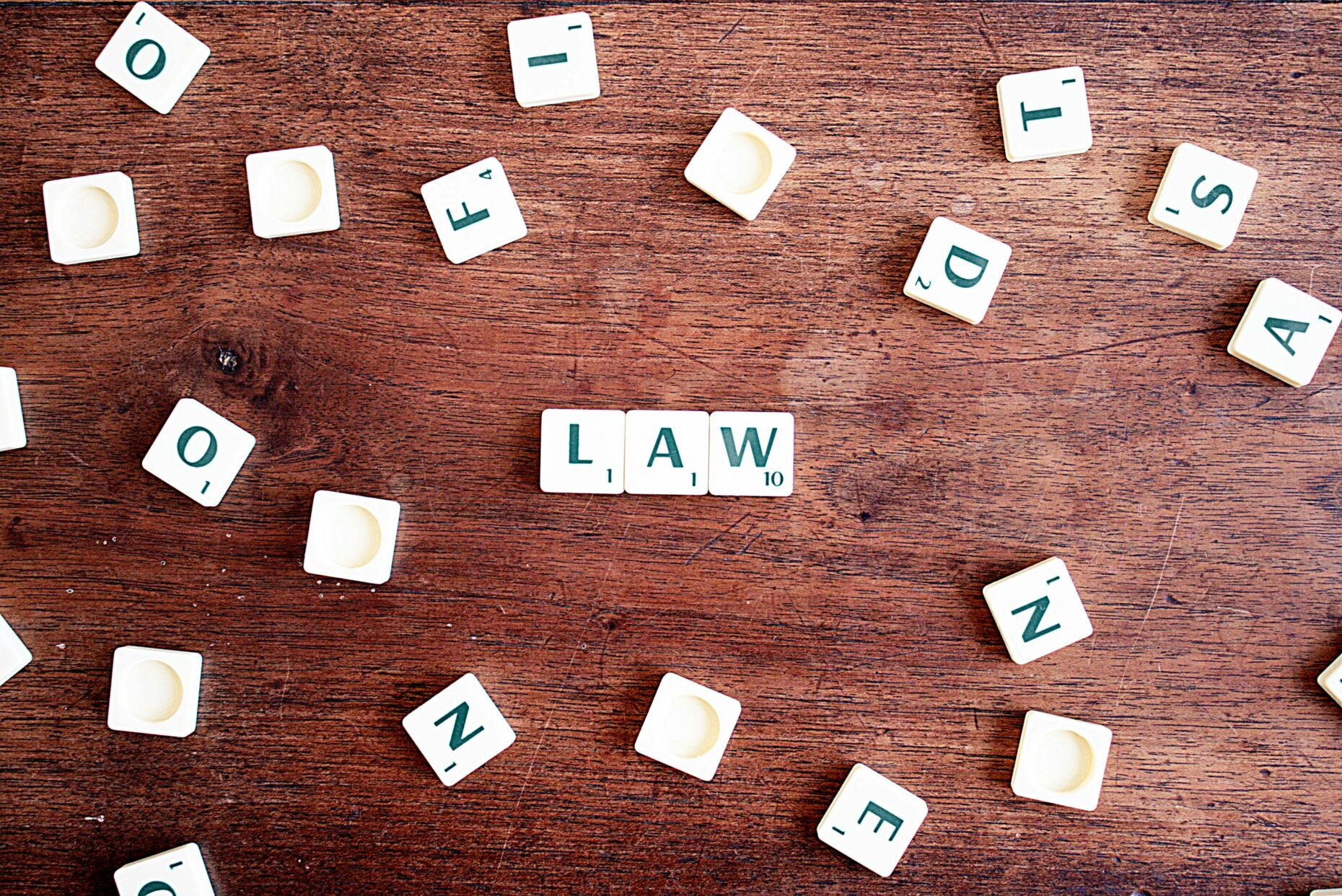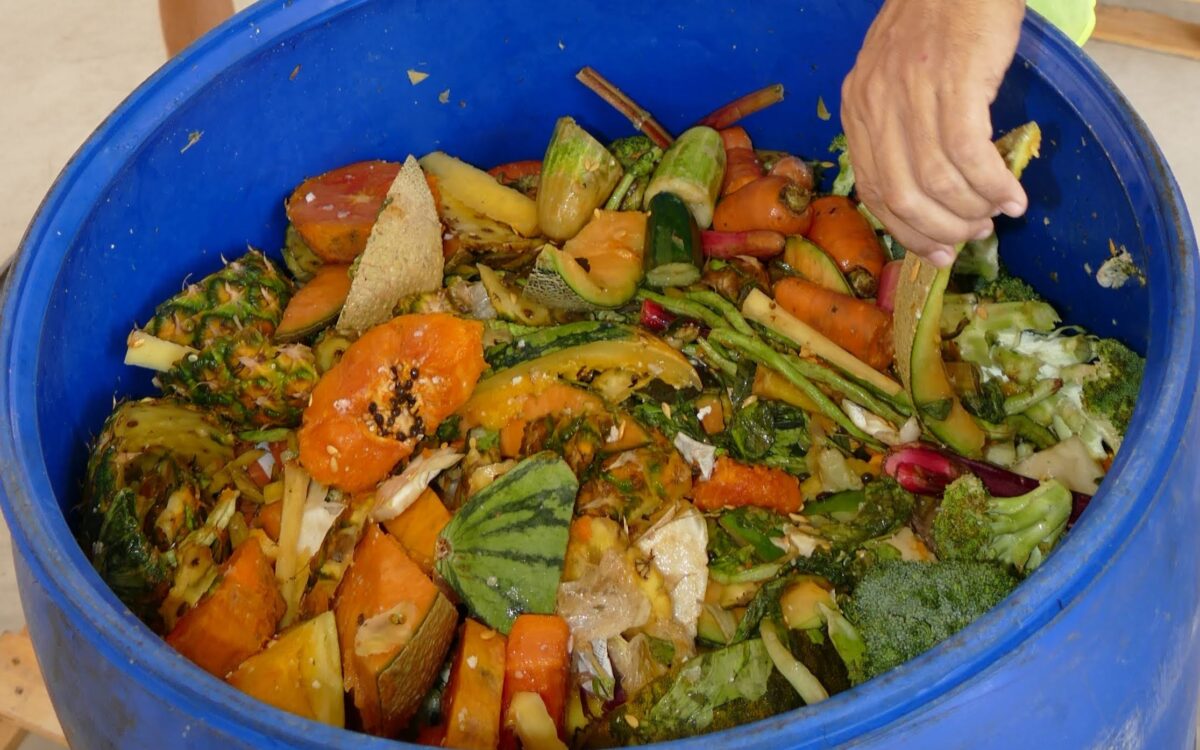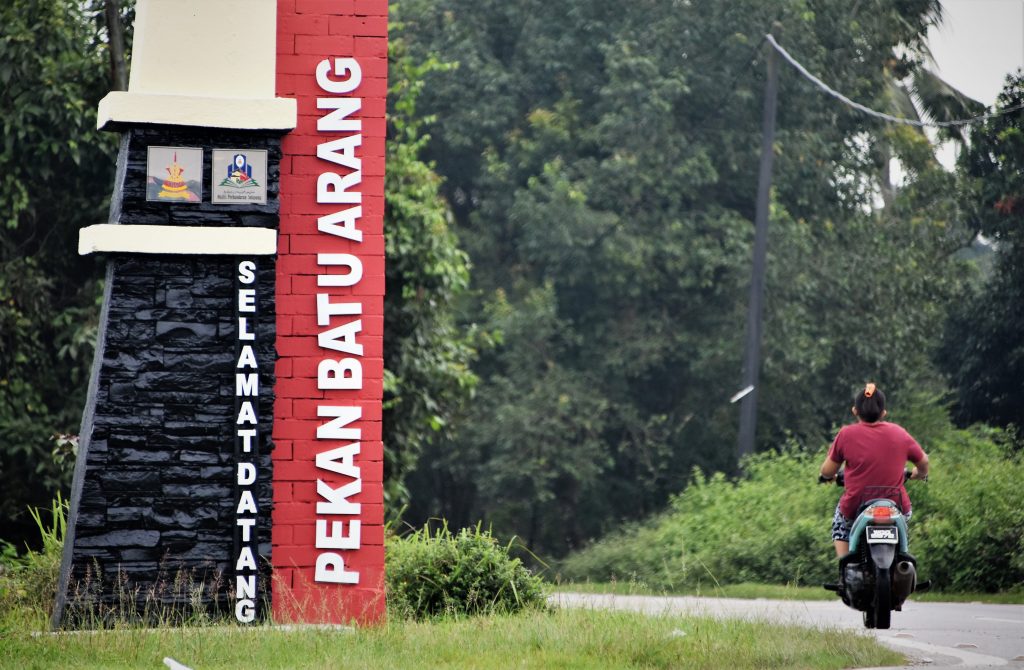Solid Waste and Public Cleansing Management Act 2007 (Act 672) has been enacted in Malaysia for 17 years as of today. Yet, we have not seen a significant reduction of waste volume in landfill – at least according to what’s reported on mainstream media.
The media tends to report that we are running out of land for landfills in which majority of our waste are ending up at. Then, they go on to say waste-to-energy facility (aka incinerator) is the next “in” thing that could solve all of our garbage problems. We are now observing states like Selangor, Malacca and Johore having their little rat race to build an incinerator to demonstrate their relevance as problem solver.
But heck we forget that the incinerators in Langkawi Island, Tioman Island Pangkor Island and Cameron Highlands haven’t quite paint a good success story of its operations. And the success of stopping Kuala Lumpur from having an incinerator set up at Taman Beringin, Kepong back in 2021, after year-long protest since 2013 by Malaysians indicates a list of reasons why incinerator is not the way to go.
So, how else to tackle the issue on gigantic amount of waste being disposed daily?
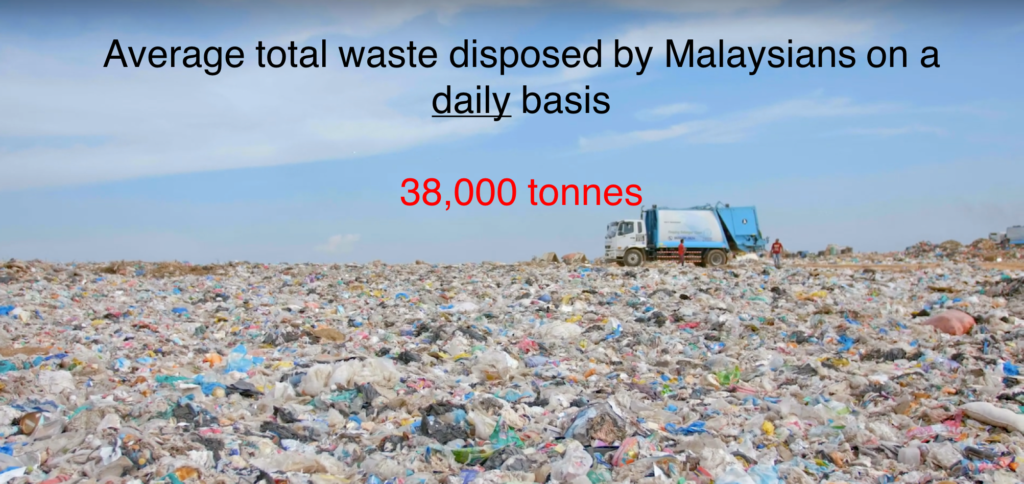
Firstly, we need to acknowledge that we are all responsible in reducing our own waste irregardless of the figure provided by the authority on how we sin from disposing so much waste. This also means that the power of Solid Waste and Public Cleansing Management Act 2007 (Act 672) – let’s call it Solid Waste Act 672 in short – needs to be exercised incessantly, right from the beginning.
What Is Solid Waste Act 672 About?
This beautiful law advocates nobly for waste segregation at source. This means be it at home or at work, whether you are a housewife or a businessman, you need to separate your waste according to the most obvious recyclable categories such as “paper”, “plastic”, “metal” and “general waste / residual waste” (other waste which you are not able to separate them as recyclables and has to end up in landfill).
Historically speaking, the implementation of Solid Waste Act was only mandatory in several states: Perlis, Kedah, Pahang, Negeri Sembilan, Malacca, Johore and Federal Territories of Kuala Lumpur and Putrajaya. That means, opposition states (back in 2007) such as Penang, Selangor, Perak, Kelantan, Terengganu, Sabah and Sarawak are not mandated to comply. As of March 2024, Selangor and Penang are discussing on the adoption of this Act.
The government implements this Act with the following purposes:
- reduce waste ending up in landfill
- avoid disposal of waste that are still recyclable
- reduce cost borne by the country to manage and dispose waste
- increase the country’s recycling rate
So why do we want to add this additional chore of waste segregation to business owners and what value does it bring?
3 Reasons Why Businesses Need To Separate Their Waste
(1) Avoid Being Compounded
Waste generation from activities such as manufacturing, warehousing, retail, etc. fall under the gazetted Solid Waste and Public Cleansing Management (Scheme for Commercial, Industrial and Institutional Solid Waste) Regulations 2018.
Under this regulation, compound of not more that RM10,000 can be inflicted if provisions are not abide.
Based on my experience in waste management industry, we have heard and experienced ad hoc visit from Solid Waste Corporation’s enforcement team to our clients’ premises to check on compliance to the Regulation since the implementation in August 2019.
Imagine our client as shopping mall owner. SW Corp would enquire things below, but not limited to:
- whether the third party waste contractor has proper operating licenses
- location where contractor dispose the mall’s waste to
- presence of documentations to evident the disposal
- whether waste is segregated according to recyclables or non-recyclables
- whether recyclables are delivered to licensed recyclers
If I am not wrong, no compound has been issued so far as the government is still trying to inculcate the awareness and purposes of the Act. But, sooner or later, compound will be imposed just like in the segregation of household waste.

A total of RM18,300 of compound had been issued to residents that did not abide to the Act. It can happen to house owners and it can soon happen to business owner.
(2) More Opportunities for Recycling
When you start separating your waste, you will begin to learn about the type of waste generated from your business activity. Then, further questions will be asked:
- What is the volume of waste generated per month?
- What are the waste that can be extracted for recycling?
- How much income can be obtained by selling the recyclables?
- How much money can be saved when lesser waste is being disposed at landfill?
Separating waste right from the beginning (at source) also prevents waste from being contaminated, rendering it non-recyclable.
For example, if you operate a shopping complex, chances are the waste in your waste bin are very heterogeneous. You may found pieces of cardboard, but splashed with juices disposed by a F&B tenant. Hence, the opportunity to retrieve the cardboard for recycling is reduced.
But what if the cardboard is separated from other types of waste within the tenant’s store, stored properly and transferred out for recycling instead of being mixed and disposed into a centralised waste bin?
Within Klang Valley, there are various shopping malls that have established their own recycle centre that accepts recyclables from both their tenants and public members. With that, they have indirectly facilitate their tenants’ business to comply to Solid Waste Act 672, gain income from trading the recyclables, collate data on waste generation and volume for a mall as whole, and gain traction for public members to shop with them.
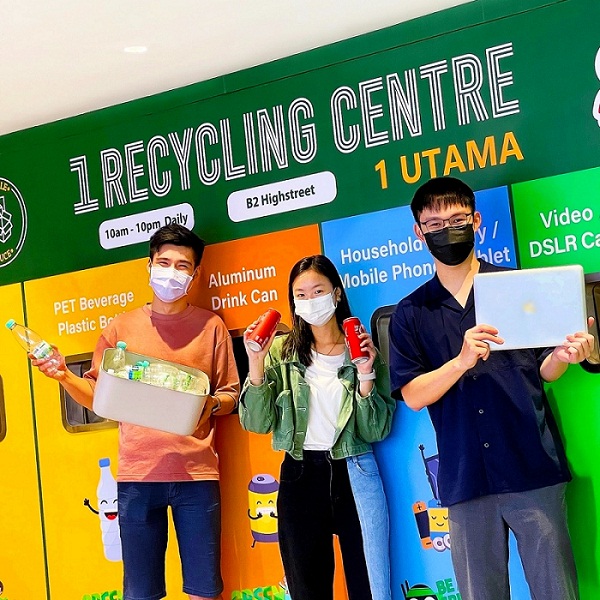
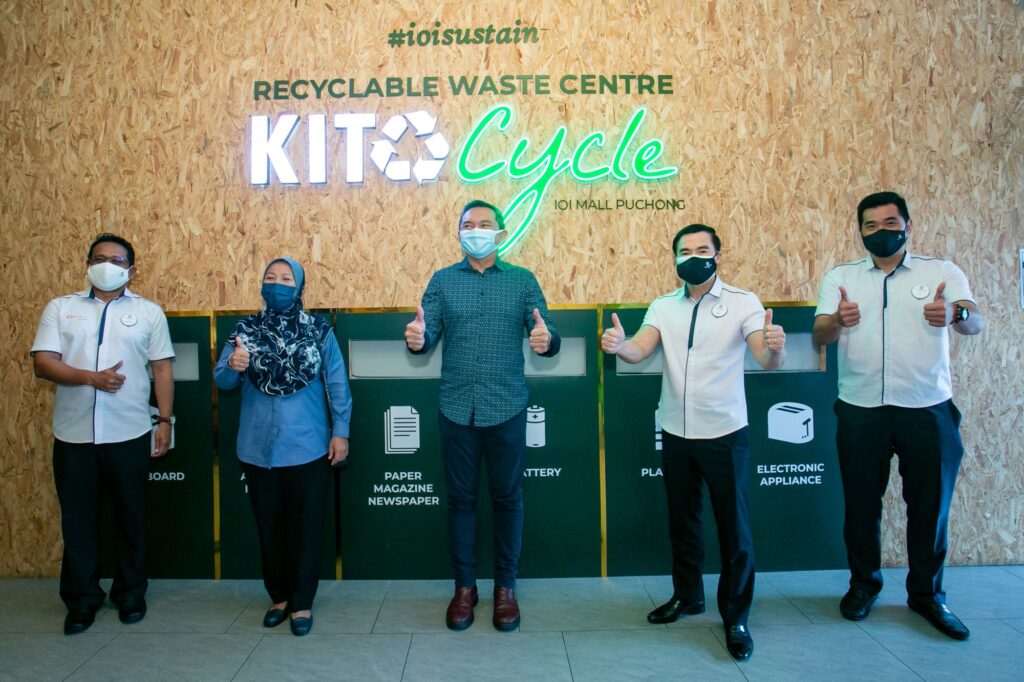
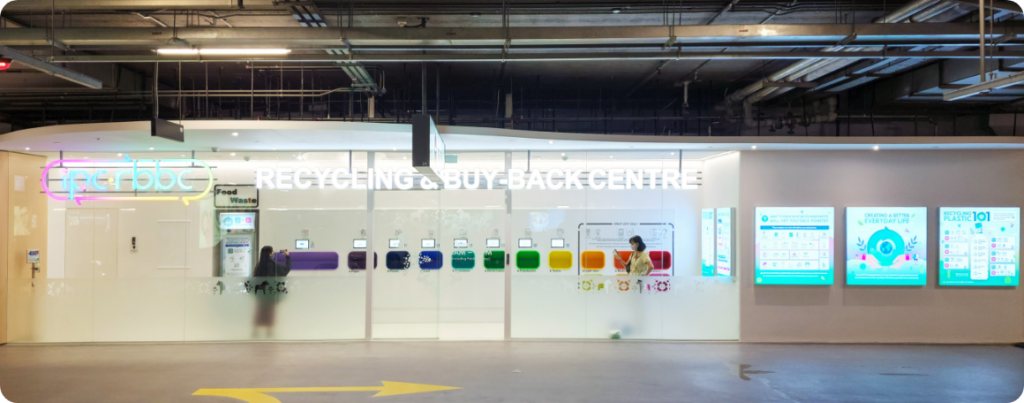
(3) Reduce cost of disposal
We pay the same assessment tax yearly and it covers the waste disposal fee irregardless of the amount of rubbish you throw at home. At home you will see trucks bearing the name of Alam Flora (in Kuala Lumpur and Putrajaya) and KDEB (Selangor) that collect waste from door-to-door.
But for commercial, industrial and institution sectors, companies in Klang Valley have to appoint their own third party waste contractors for waste disposal services.
Third party waste contractor like in the company I am working at currently, typically charge:
- waste transportation from client premise to landfill (per trip basis)
- disposal fee charged by landfill operator and back-charged to client
Hence, imagine how the costing will look like before and after implementing waste segregation at source:
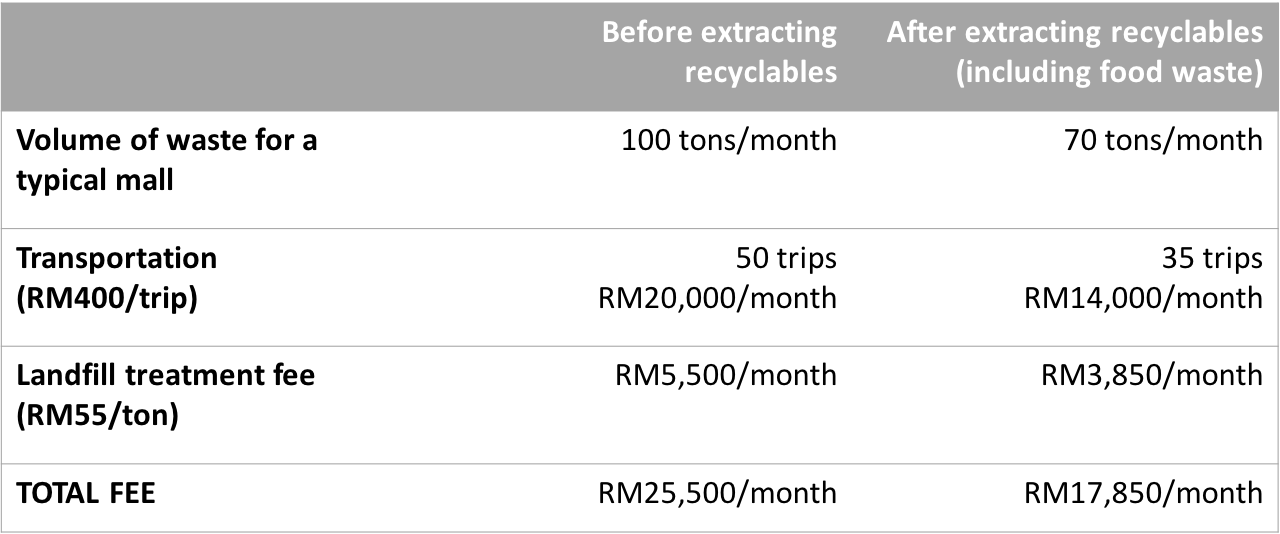
Now you do the math on how many percents can one can save by doing the right thing!
In A Nutshell
There are many benefits that Solid Waste Act 672 can bring, both tangible and intangible ways. Not only it provides better protection to our environment, it also triggers us to think deeply on how we can see waste as a another form of infinite resource. On top of that, this Act also encourage a more transparent and accountable of waste management in Malaysia.
If you want to know more about how your company can maximise the opportunity from this Act, please reach out to me at shemeigreen@gmail.com 🙂
